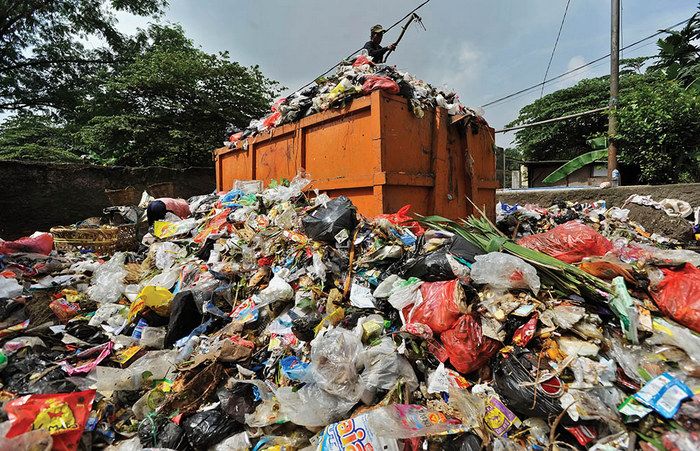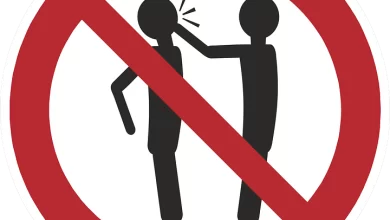Connexion: A neighbouring state gets cleaner


By Joachim Ng
Perak and Penang. A tale of two states with a common border. But once you cross the line, you may observe a difference if your eyes are on the ground. Penang is getting cleaner. Whereas litter in Perak towns and cities is so prevalent that your brain no longer registers it, in Penang the sweepers have learnt to use the broom correctly.
Set one day aside, after breakfasting on Ipoh sar hor fun, to make a day trip from Taiping to Kuala Sepetang (formerly Port Weld). You can’t miss the road as tour buses run this northern Perak trail daily, but you will need some math whizz kids to count the tonnes of litter all along the route.
What accounts for the difference between Perak and Penang? One man — S.M. Idris, founder of the Consumers Association of Penang (CAP) and the country’s Mr Environment. For a half century until his death last May, the CAPtain stirred action on a wide range of consumer protection issues. Eleven years ago when the state government changed hands, S.M. Idris found a responsive ear in the chambers of power and the litter started disappearing.
Penang still has piles of trash in Seberang Perai hidden from public view, but the CAPtain’s voice continues to reach out. Perak also has a community voice in the form of the Ipoh Echo newspaper that unfailingly highlights environmental and political issues of concern every fortnight. But, much like CAP, it may have to wait some years before getting a responsive hearing in the chambers of state power.
There’s just one problem: time is running out. If you haven’t heard any bad news yet, do contact the nearest climate change office. The sharp rise in cancer cases is due mainly to environmental pollution and hapless ingestion of toxic chemicals in the food chain. Steadily climbing temperatures will unleash a host of killer microbes and myriad swarms of dengue-causing mosquitoes in the coming years.
The world-famous garbage scandal in Perak begins with litter in the drains. Trash mountains are a scaled-up version of street litter. If one million people habitually throw debris around, 1,000 will advance to far bigger-scale polluting ventures. S.M. Idris saw the connection and insisted that the streets, drains and grass patches be kept litter-free. Japan is squeaky clean and Rwanda, a nation once ravaged by civil war, has picked up this essential habit.
What happens to our garbage mountains and street litter? Evidence has emerged that plastics break down into harmful micro-particles that eventually get into drinking water and human food with cancerous effects.


